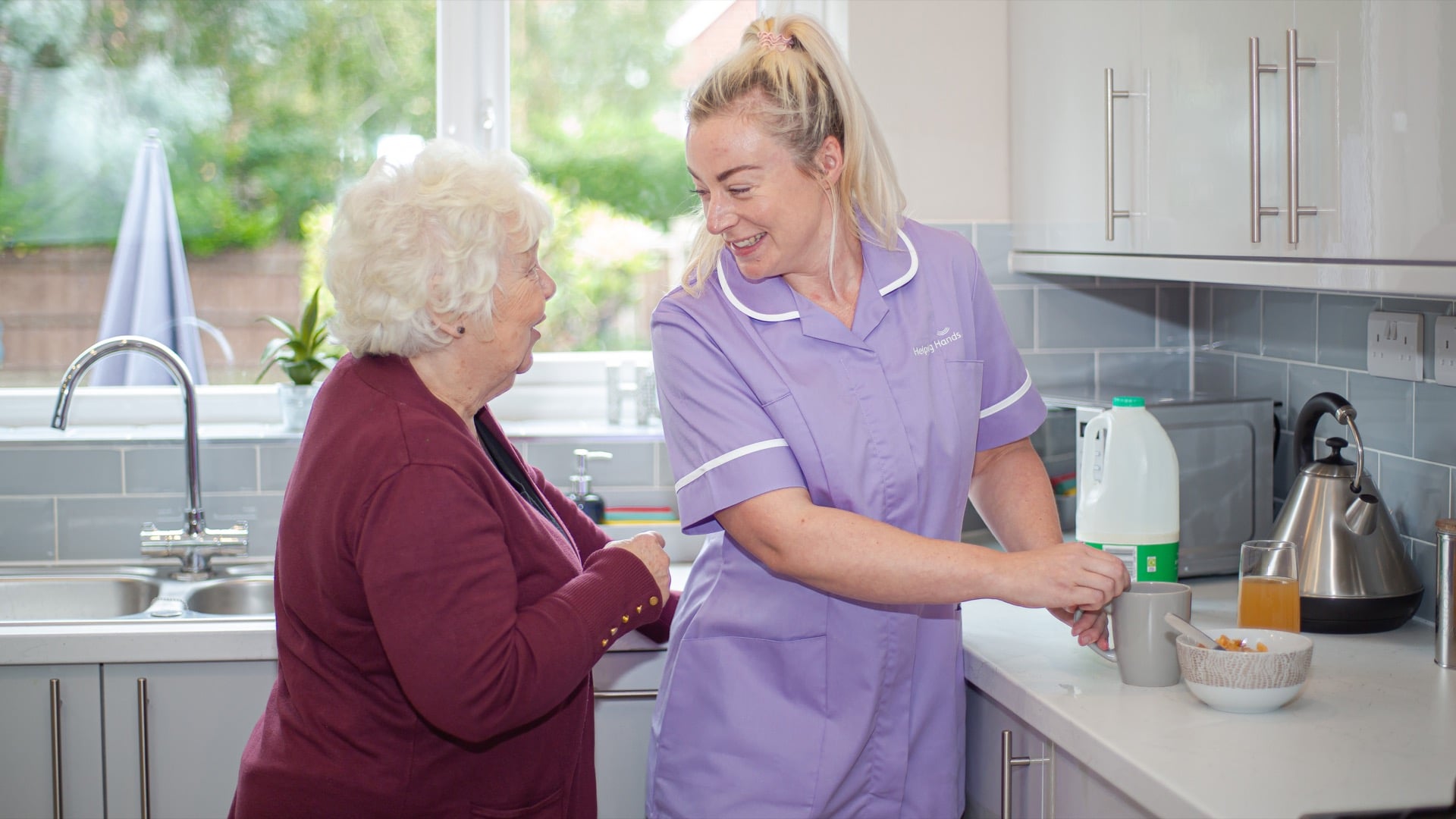Benefit entitlement
What benefits are available to you?
There are a number of benefits available to help people pay for care support.
When considering your best options for funding care, the first stage is to ensure that all state benefit entitlements are explored.
Below, we consider the main benefits – but it is important to stress that, depending on an individual’s circumstances and needs, there may be other benefits to which you or your loved one could be entitled to.


Pension Credits
Pension Credits are a benefit for those over 65.
Pension Credits are split into two parts – Guarantee Credit, and Saving Credit. Depending on your situation, you may be entitled to additional funds – for example, if you’re living with a severe disability, or are responsible for looking after a child. Here is an outline of what each types of credit involves:
Guarantee Credit
This provides a guaranteed minimum level of income by topping up your weekly pension if it’s below a particular threshold, which changes if you’re single or a couple. This amount may rise based on individual circumstances – for example, if you have a disability.
Savings Credit
This is an extra payment for those who have made some provision for their retirement – for example savings / investments, or a second pension. The level of benefit for savings credit changes depending on whether you live alone or with a partner.
Attendance allowance
Attendance Allowance is a tax-free benefit payable to those aged 65 or over who need help with personal care due to physical or mental disability. It is paid at two different rates, which depends on how much care and support you require.
Usually to qualify you must be aged 65 or over and at least one of the following must apply:

You have a physical disability
This can include a sensory disability, such as blindness, a mental disability (including learning difficulties), or both
Your disability is severe
Your disability is severe enough for you to need help caring for yourself or someone to supervise you
You’ve needed care for 6 months
You have required regular additional help and support for at least six months

Personal Independence Payment (PIP)
Personal Independence Payment (PIP) has replaced Disability Living Allowance (DLA), and is a financial benefit that can help with extra costs if you have a disability or long-term health condition. To be eligible, you must:
Be between the ages of 16 and 65
Have difficulty with daily living, mobility or both
Expect to have difficulties for at least nine months
Carer’s allowance
Carer’s Allowance is a benefit that helps people who care for a disabled person. You don’t have to be related to or live with the person you care for. For every week you get Carer’s Allowance, you’ll also get National Insurance Credits which will be paid to you automatically. You may also be able to apply for other benefits.
You may be able to get Carer’s Allowance if you:
Are aged 16 or over
Spend at least 35 hours a week caring for a person


Council tax reduction
Council Tax Reduction, which has replaced the Council Tax Benefit, means that your council tax bill will be discounted, dependant upon your circumstances. To qualify for this, you will be assessed on:
Where you live
Your circumstances including income, dependants, benefits, savings and pension
Your household circumstances i.e. your partner’s financial assets and income
Heating Benefits
You may be eligible for benefits to help you pay for heating during the winter months.
There are different benefits available towards heating and energy bills during the winter or periods of severe cold weather. Find out more about each type of benefit and whether you’re eligible:

Winter fuel payment
If you are of a certain age and receive a State Pension and another social security benefit, this is usually given automatically. However, you may have to apply for this yourself if you are eligible.
Cold weather payment
A payment provided when the average temperature in your area is recorded, or forecast to be, zero degrees Celsius or below for seven consecutive days between November and March.
Warm Home Discount Scheme
This is a one-off payment that is paid directly to your energy provider. Your provider will then automatically remove the discount from your gas or electricity bill.
Important note
The information provided relating to benefits is based upon our understanding of current qualification criteria based upon information provided from the following:
To assess your individual circumstances, you should seek appropriate advice and should not act on the information contained here as all circumstances are different.
If you require further advice on arranging home care, our friendly customer support team will be happy to help. We’re here seven days a week to talk through your home care needs and find the best option for you.
Fully regulated by the CQC / CIW
Here at Helping Hands, our care services are fully managed and regulated by the Care Quality Commission (CQC).
From your very first phone call to our friendly team, every aspect of your home care service is independently monitored and regulated by the CQC and Care Inspectorate Wales (CIW).
Why is being a regulated company important?
What does regulation mean?
Our service is regularly monitored, inspected and regulated by an independent body
Why do we choose to be regulated?
We want every customer to have full peace of mind that their care is approved by a regulating body
How does regulation affect my care?
Our regulation means that we’ll provide you with high quality care, no matter what
